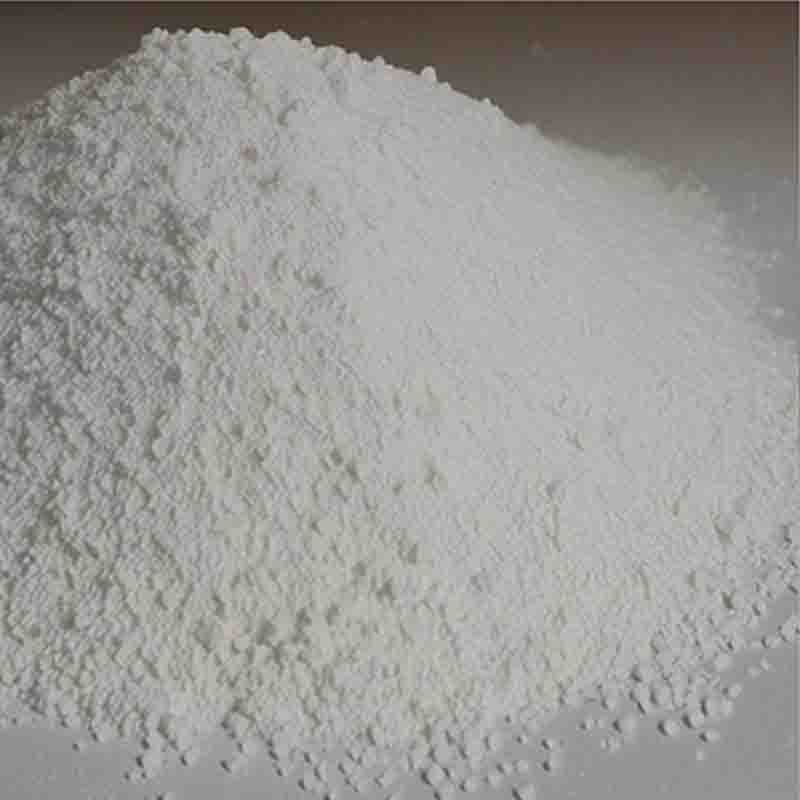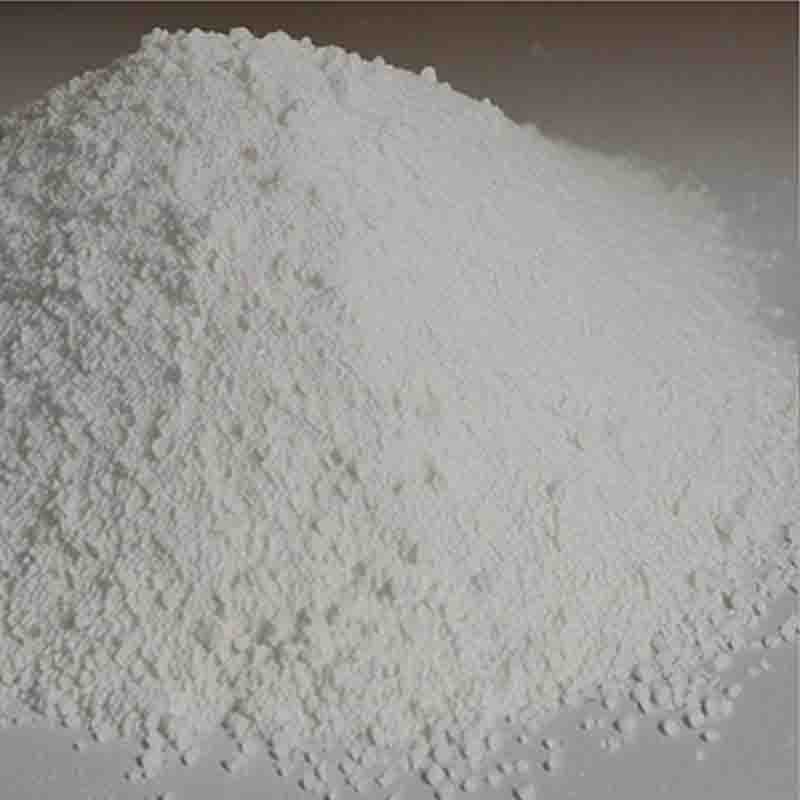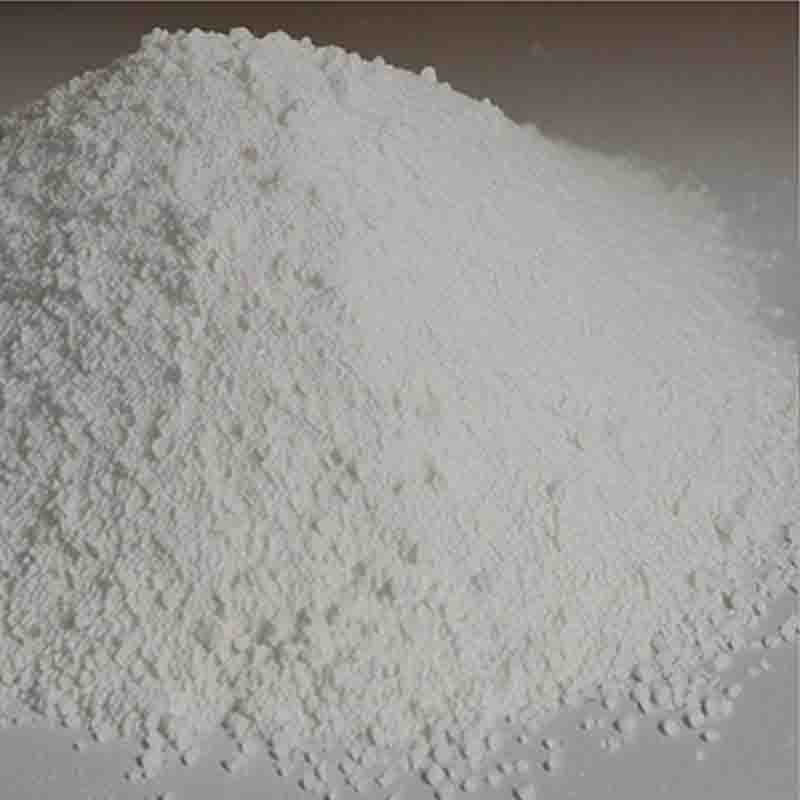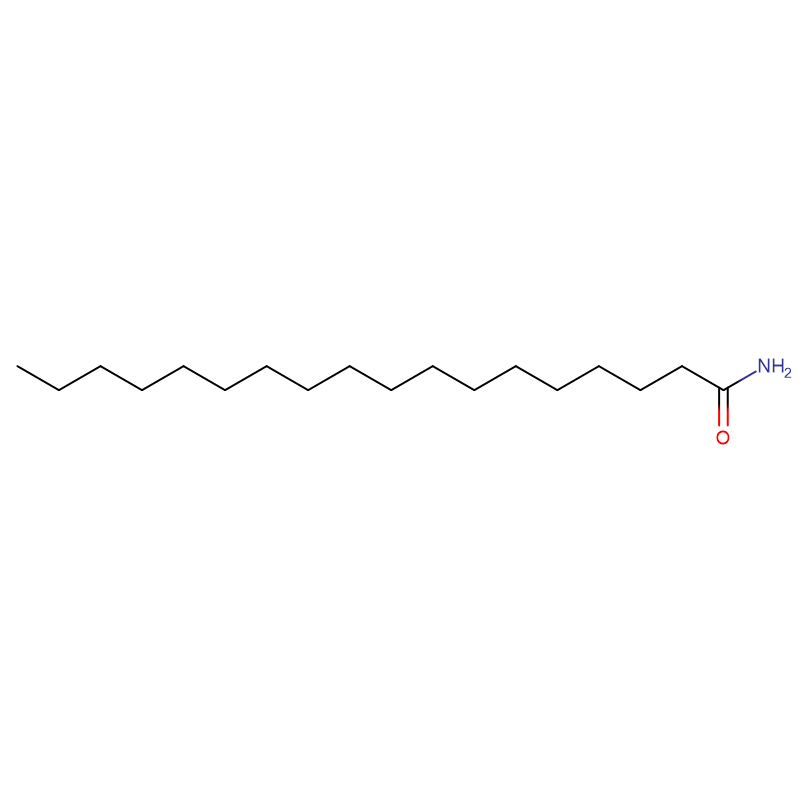Solifenacin succinateCAS: 242478-38-2
| Catalog Number | XD93697 |
| Product Name | Solifenacin succinate |
| CAS | 242478-38-2 |
| Molecular Formula | C27H32N2O6 |
| Molecular Weight | 480.56 |
| Storage Details | Ambient |
Product Specification
| Appearance | White powder |
| Assay | 99% min |
Solifenacin succinate is a medication that is primarily used to treat overactive bladder (OAB) symptoms in adults, including frequent urination, urgency, and urinary incontinence. It belongs to a class of drugs known as anticholinergic agents, which work by blocking the action of acetylcholine, a neurotransmitter that plays a role in bladder muscle contractions.OAB is a common medical condition characterized by a sudden and uncontrollable urge to urinate, often resulting in the involuntary loss of urine. It can significantly impact a person's quality of life, causing embarrassment, discomfort, and disruptions to daily activities. Solifenacin succinate helps to alleviate these symptoms by relaxing the bladder muscles, reducing the frequency and urgency of urination, and increasing bladder capacity.The medication works by selectively targeting muscarinic receptors in the bladder, specifically the M3 subtype. By blocking these receptors, solifenacin succinate reduces the detrusor muscle contractions, which are responsible for bladder contractions during urination. This results in an increase in the bladder's storage capacity and a decrease in the frequency of involuntary contractions, providing relief from OAB symptoms.Solifenacin succinate is available in the form of oral tablets or extended-release capsules. The recommended dosage and duration of treatment may vary depending on the severity of symptoms and individual response. It is important to follow the prescribed instructions and consult a healthcare professional.While solifenacin succinate is generally well-tolerated, it may cause certain side effects. The most common side effects include dry mouth, constipation, blurred vision, dizziness, and urinary retention. If these side effects become bothersome or severe, it is crucial to seek medical advice.It is worth noting that solifenacin succinate may not be suitable for everyone. Individuals with certain medical conditions, such as urinary retention, gastric retention, narrow-angle glaucoma, or severe hepatic impairment, should use this medication with caution or avoid it altogether. Additionally, it is important to disclose any other medications, supplements, or allergies to the healthcare provider to avoid potential drug interactions or adverse reactions.In summary, solifenacin succinate is a medication prescribed for the treatment of overactive bladder symptoms. By blocking specific receptors in the bladder, it helps to reduce the frequency, urgency, and incontinence associated with OAB. However, it is essential to carefully follow the prescribed dosage and consult a healthcare professional to ensure its safe and appropriate use.









